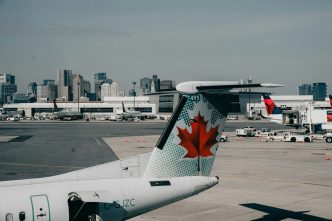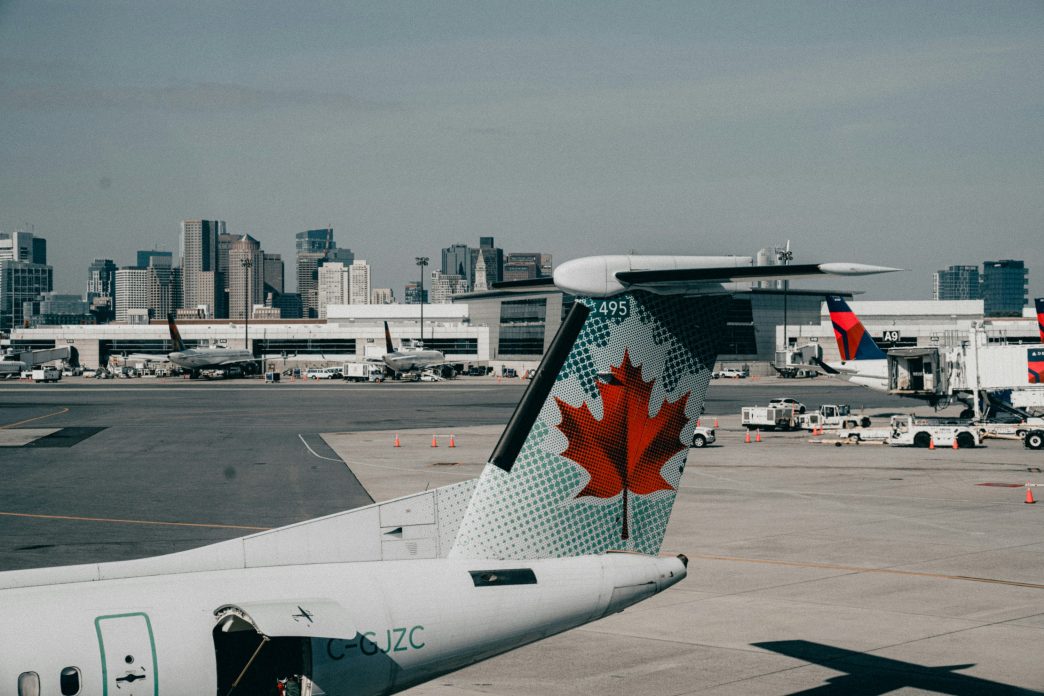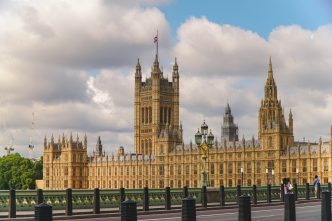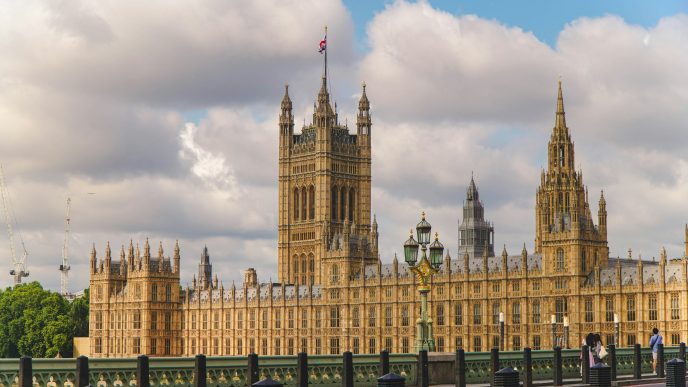- Taxes and government surcharges can represent as much as 43 per cent of the price of an airline ticket.
According to the MEI, the steep cost of flying within Canada is primarily driven by the significant taxes and fees imposed on the aviation sector by the federal government.
“Reducing the cost of air travel is entirely within Ottawa’s control, because it is Ottawa that has driven prices up in the first place,” says Samantha Dagres, Communications Manager at the MEI. “The government refuses to tackle these exorbitant fees, preferring to scapegoat the industry.”
The government charges a variety of taxes and fees on airports and passengers, which make up a significant portion of the ticket price on key routes.
For instance, passengers directly pay for the Air Travellers Security Charge, amounting to $9.94 per domestic flight or $34.42 per international flight. The equivalent fee in the United States is capped at about $15.42 Canadian for a round-trip.
Indirectly, passengers pay the rent on airport lands through the Airport Improvement Fees that are charged on every ticket.
Canada’s airports are operated by private, non-profit organizations, but the land they sit on is owned by the federal government, which collects rent. These government-imposed costs are passed on to airlines and, ultimately, to passengers.
In 2024, airport authorities paid a record $494.8 million in rent to the federal government, an increase of $75.6 million in a single year. A decade ago, in 2014, these fees totalled $294.4 million. That represents a 68 per cent increase in just ten years.
Airport rent represents between one quarter (in Calgary) and one third (in Vancouver) of the revenues major airports get from Airport Improvement Fees.
For a round-trip flight between Montreal and Toronto, for instance, passengers pay $77 in airport improvement fees, of which $25—nearly one-third—is used to cover the rent payments airports make to Ottawa.
On a $190.04 flight between the two cities, the government’s share of fees, along with the sales taxes, amount to $68.04, or roughly 35.8 per cent of the final ticket price.
Here is how that compares on other popular Canadian airline routes:
- On a $266.46 round-trip between Vancouver and Montreal: $72.54 in taxes and fees, or 27 per cent of the ticket price.
- On a $118.36 round-trip between Toronto and Calgary: $51.03 in taxes and fees, or 43 per cent of the ticket price.
- On a $183.06 round-trip between Vancouver and Toronto: $51.52 in taxes, or 28 per cent of the ticket price.
According to the Competition Bureau, it is estimated that when a new competitor begins operating a route between two cities, fares fall by an average of 9 per cent.
“Ottawa has the power to make air travel affordable once more, since it remains the main contributor to its unaffordability,” adds Ms. Dagres. “Using airports as cash cows instead of treating them as critical infrastructure hurts Canadians who depend on reliable air service to move around the country.”













